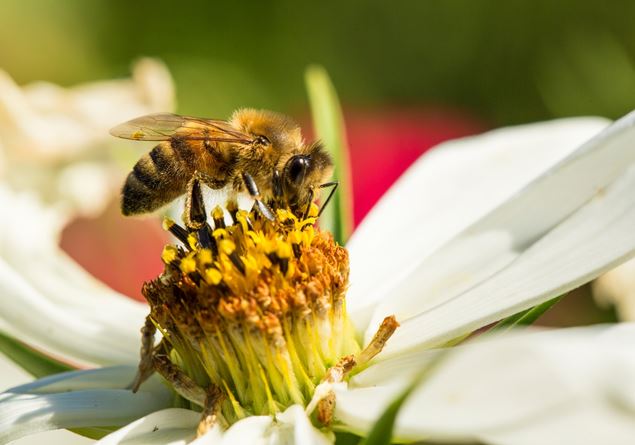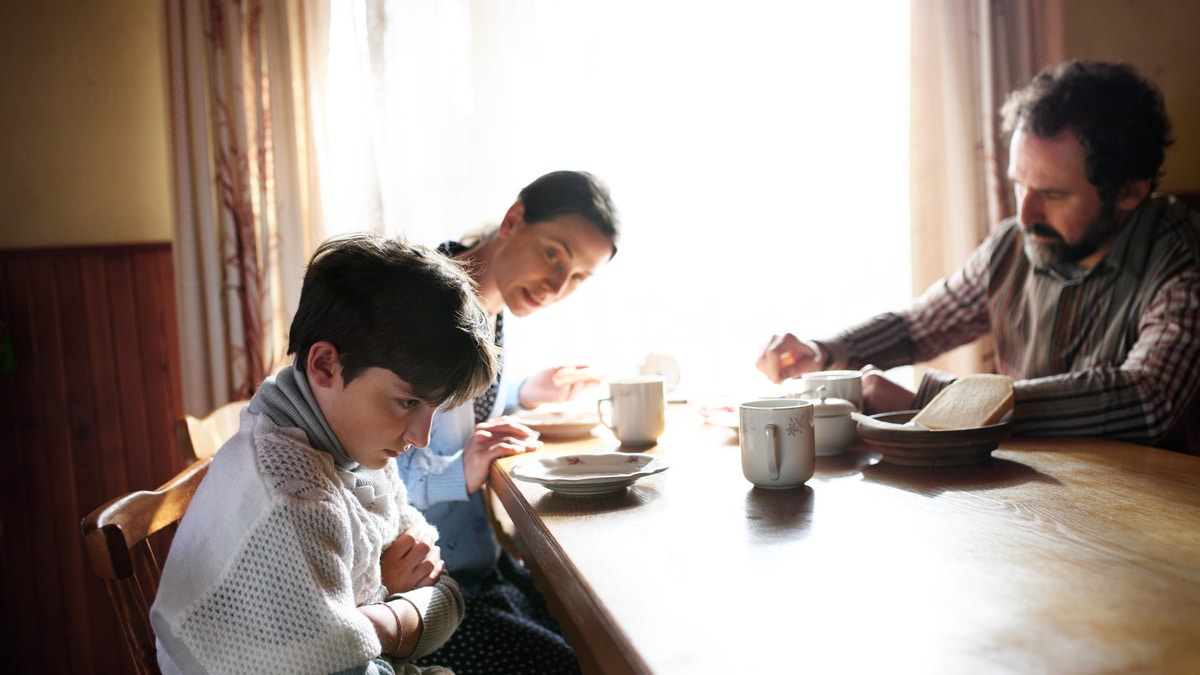Bees do not only produce honey, but play a fundamental role in ecosystems. A third of the food we eat (apples, strawberries, tomatoes, almonds, etc.) depends directly on the pollination work of the bees And there are 4,000 varieties of plants that exist thanks to it, so much so that without pollinators 75% of our crops would suffer a drastic reduction on a quantitative or qualitative level. Yet the bees and many pollinating insects are threatened by pesticides, loss of habitats, monocultures, parasites, diseases and climate change.
On the occasion of the World API Day, which occurs on May 20th, Greenpeace recalls that the life of the planet itself depends on the pollination. And that stopping the extinction of these precious insects is possible. For example, through the Bosco della Api project, which demonstrates how the decline of biodiversity can be fought.
The first bee forest was born in Rome in 2020, the year in which the pandemic has made evident the need to make cities more sustainable and resilient to climate change. Three years later, with the collaboration of the Agropolis Social Cooperative, The project was replicated in Cremonain the heart of the Po Valley, one of the most polluted areas in Europe. These are real Food Forest, a multifunctional agroforestral system That simulates, on a small scale, a wooded ecosystem on several layers. In this environment, fruit plants, medicinal herbs, berries, vegetables and flowers coexist synergistically with spontaneous and animal plants, creating a habitat rich in biodiversity. But the Food Forest Not only do they favor the conservation of nature, they also provide spaces for recreation, education and construction of community.
“The experiences of Rome and Cremona are tangible examples of how it is possible to transform urban and peri -urban areas into a state of abandonment into small oases of biodiversity” recalls Martina Borghi, Greenpeace Italy Forestry Campaign Manager. “Thanks to the dedication of the volunteers and volunteers of Greenpeace Italy and the support of local associations, lAnd Food Forest they are growing, they began to popularize pollinating insects and host local initiatives, Open spaces for meetings, educational activities and cultural initiatives, thus contributing to raising awareness of the population on the importance of the conservation of nature “.
For over 50 years Greenpeace struggles for the protection of the planet. Every two seconds, the organization recalls, the equivalent of a football field made of forests disappears on earth; Each year ends at sea a quantity of plastic equal to 12 million tons, a deadly danger for turtles, birds, fish, whales and dolphins. «For over half a century We face environmental emergencies with direct and peaceful direct actions, bringing to light the threats to our planet and pressing the governments and companies to adopt concrete solutions, “he explains Giuseppe Onufrio, Director of Greenpeace Italy. «We defended the whales from the extermination, stopped the nuclear tests, preserved the Arctic from exploitation. As long as there will be a last piece of land in danger, we will not stop ».
To save pollinating insects from pesticides, Greenpeace has promoted an online petition. To sign it and to get information on the organization’s activities: www.greenpeace.org










